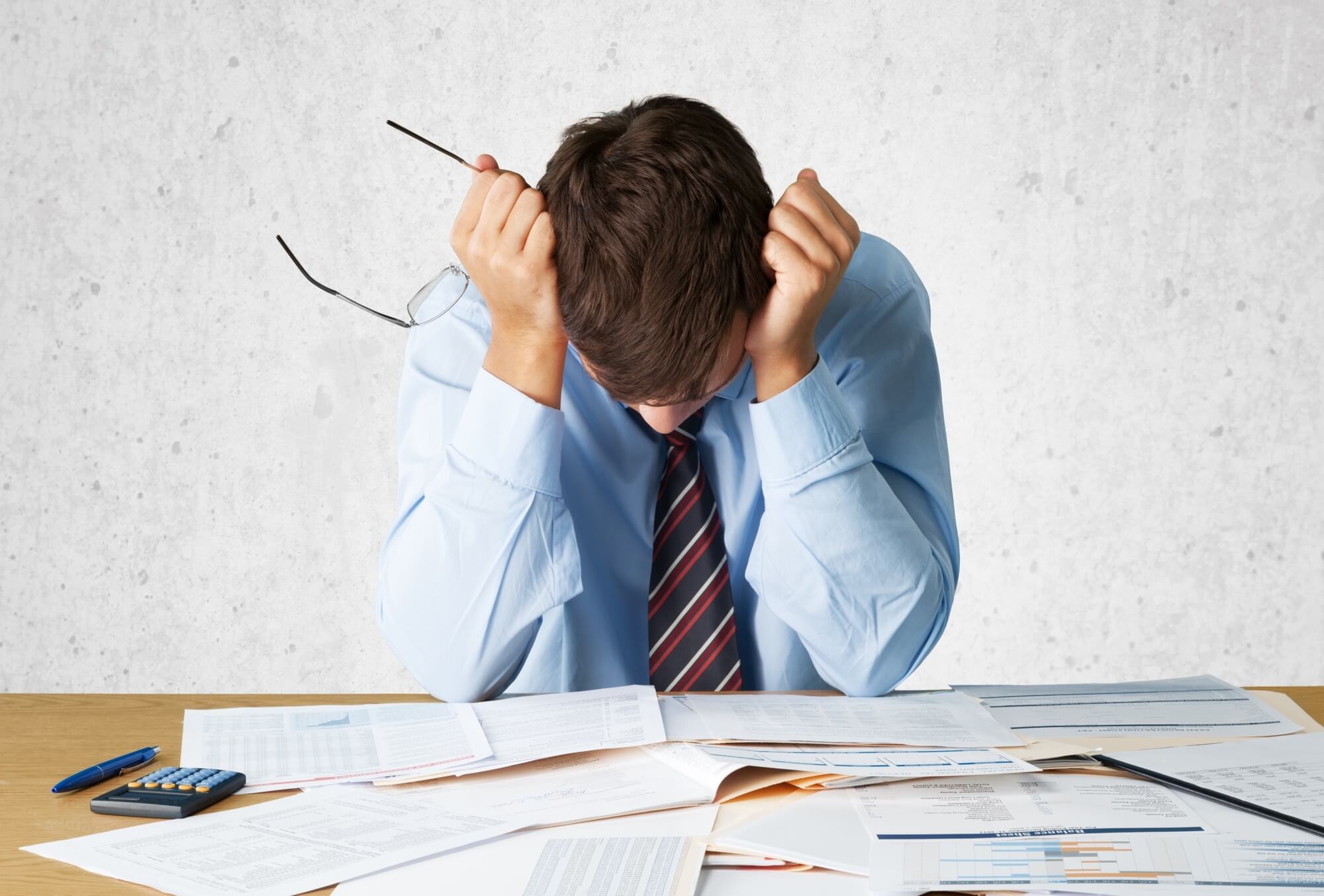Hormones and Anxiety: How Imbalances Affect Your Stress Response
We are living in unprecedented times. Chaotic events that are mostly outside of our control have disrupted nearly every aspect of our lives, including our work routines, our children’s education, our health and fitness goals, and our stress relief activities that keep us on top of our games.

Under these conditions, heightened anxiety has become a damaging reality for many people, with common symptoms that include:
- Nervousness and irritability
- Feelings of impending danger or being “on edge”
- Increased heart rate
- Rapid breathing or difficulty breathing
- Weakness
- Fatigue
- Reduced concentration
- Poor sleep
- Gastrointestinal (GI) problems
The Complex Role of Sex Hormones and Anxiety
Few people consider that stress and anxiety can be exacerbated by poor hormonal health.
To make matters worse, the problem works the other way around, too. Your hormonal health can be damaged by periods of prolonged stress and anxiety.
The resulting cycle of ill health and increased stress that feed off of each other can be difficult to escape.
Let’s examine how different hormones can affect your anxiety and stress response, and what can be done to treat the problem.
Testosterone
Some studies link too little testosterone with increased anxiety, demonstrating that fluctuations in testosterone levels could have a determining role in future behaviors—how situational, motivational, and physiological variables moderate the relationship between social stimuli, testosterone reactivity, and your behavioral response.
This theory is further strengthened by other studies that show testosterone having anxiolytic (anti-anxiety or anxiety reducing) effects on the brain. One study in particular demonstrated a significant negative association between poor testosterone reactivity and increased subjective anxiety during a public speaking exercise.
Estrogen
On the other hand, research also links low levels of the female sex hormones such as estrogen to anxiety symptoms and other emotional disturbances.
Estrogen is known to calm the fear response in women. Specifically, research has shown that women trained on a fear-extinction task do better when the level of estrogen in their blood is higher. It’s possible healthy estrogen levels have a similar effect in men.
Yes, men have estrogen, too, and the proper balance between estrogen and testosterone is critical to your health, and these studies are also showing that imbalance can affect how you perceive social anxiety.
Cortisol
Further complicating matters is the increase in cortisol (the stress response hormone) that your body experiences in times of acute stress.
Higher levels of cortisol are believed to hinder your body’s ability to make testosterone. The combined effect of increased cortisol and lowered testosterone is probably a heightened feeling of anxiety.
Hormones and Anxiety: Putting It All Together
All of this hormonal interplay may be confusing to most, because there is no simple one-to-one relationship between increases or decreases of a particular hormone and a corresponding change in the perception of anxiety.
What the broad research does indicate is that a healthy hormone balance could assist you in managing your stress and anxiety in a positive way.
Hormones and Anxiety—Could TRT Provide Relief?
Taking all of that into account, what can be done to improve a person’s hormonal health and anxiety response?
We often look to hormone replacement therapy, such as TRT (Testosterone Replacement Therapy).
The purpose of TRT isn’t just to increase testosterone levels. Instead, the goal is to optimize your hormone levels so that your body’s systems are functioning at or near their peak.
Remember: Your overall health is a key factor in your anxiety response.
One of the most difficult parts of identifying symptoms of low testosterone is that many of them are often mistaken for being isolated issues unrelated to hormonal problems at all.
Too often, the single symptom is masked by potentially addictive medication while the true underlying cause goes unaddressed.
This is often the case when dealing with emotional symptoms such as anxiety or depression.
Addressing the root cause of your symptoms is often far more effective at bringing you relief, and it’s possible you’ll experience a number of other benefits as you find your body responding to a healthier overall condition.
The Benefits of TRT—Learn More
If you’re interested in learning more about the benefits of TRT, we recommend our comprehensive guide. It provides facts and the answers to the most common questions concerning TRT and the treatment of low testosterone.
